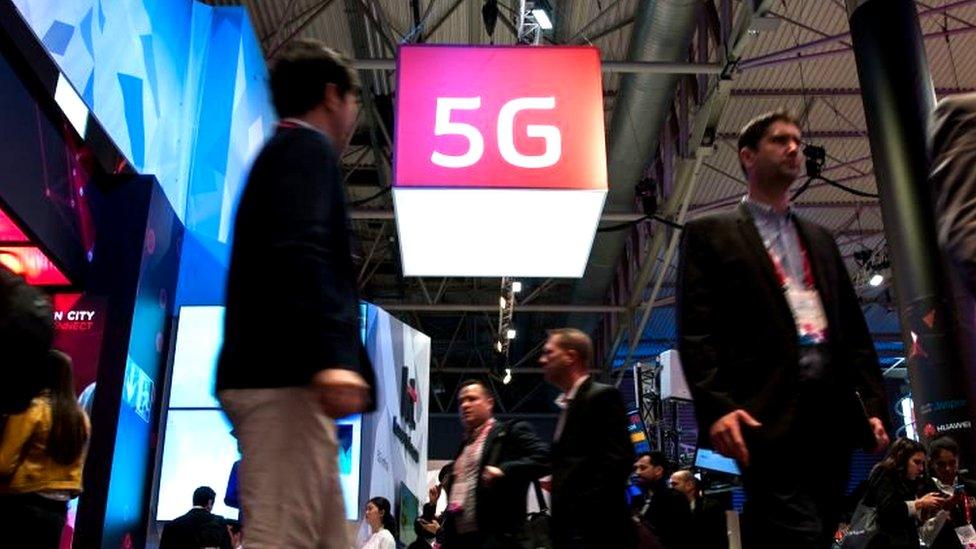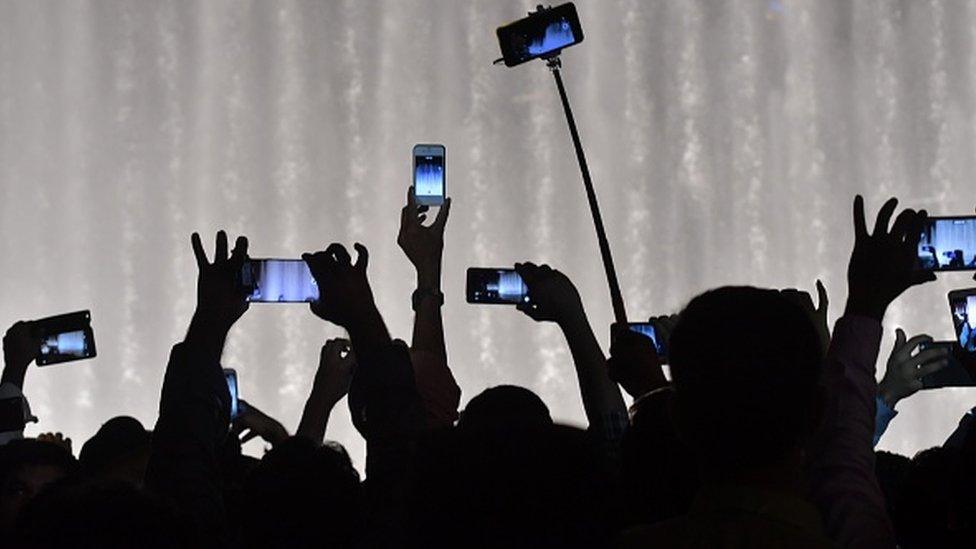5G rollout legal challenges defeated
- Published

Ofcom has warned that delays to its spectrum auction could harm consumers
Two legal challenges to a forthcoming auction meant to pave the way for 5G data services in the UK have failed.
Both BT's EE division and Three had challenged plans to limit the amount of spectrum any bidder could own.
The communications regulator Ofcom had warned that the companies had risked derailing a "golden opportunity for the UK to achieve leadership in 5G".
Three intends to appeal against the court ruling and denies this might delay access to the technology.
A spokeswoman for EE said it still thought the caps were against consumers' interests, but indicated it would let the matter rest.
'Disappointed'
Under Ofcom's plan, no mobile operator would be allowed to control more than 37% of all usable UK mobile spectrum by 2020.
Three had campaigned for a lower cap of 30%.
EE had opposed the restriction in principle - it currently holds 42%.
Ofcom said it now intends to proceed with the auction as soon as possible.
"We're disappointed that Three is seeking permission to appeal to the Court of Appeal," a spokesman told the BBC.
"We believe the High Court judgement is clear and Three's actions may further delay the auction, which is not in the interests of the UK."
One industry watcher said the regulator would be mindful that it had lost a separate appeal involving BT last month, external.
"Three have nothing to lose by going for the challenge, which would delay the auction," commented Matthew Howett from the consultancy Assembly Research.
"But I don't think that will delay 5G services for consumers.
"5G as a standard hasn't even been defined yet. Yes, there's a lot of hype, but it's primarily from the handset-makers rather than the operator community.
"Realistically, credible 5G services won't be ready until about 2021."
A spokesman for Ofcom responded that the planned auction also included bandwidth that could be used to provide faster mobile downloads ahead of 5G's rollout, so any delay was still against the public's interest.
- Published11 July 2017
